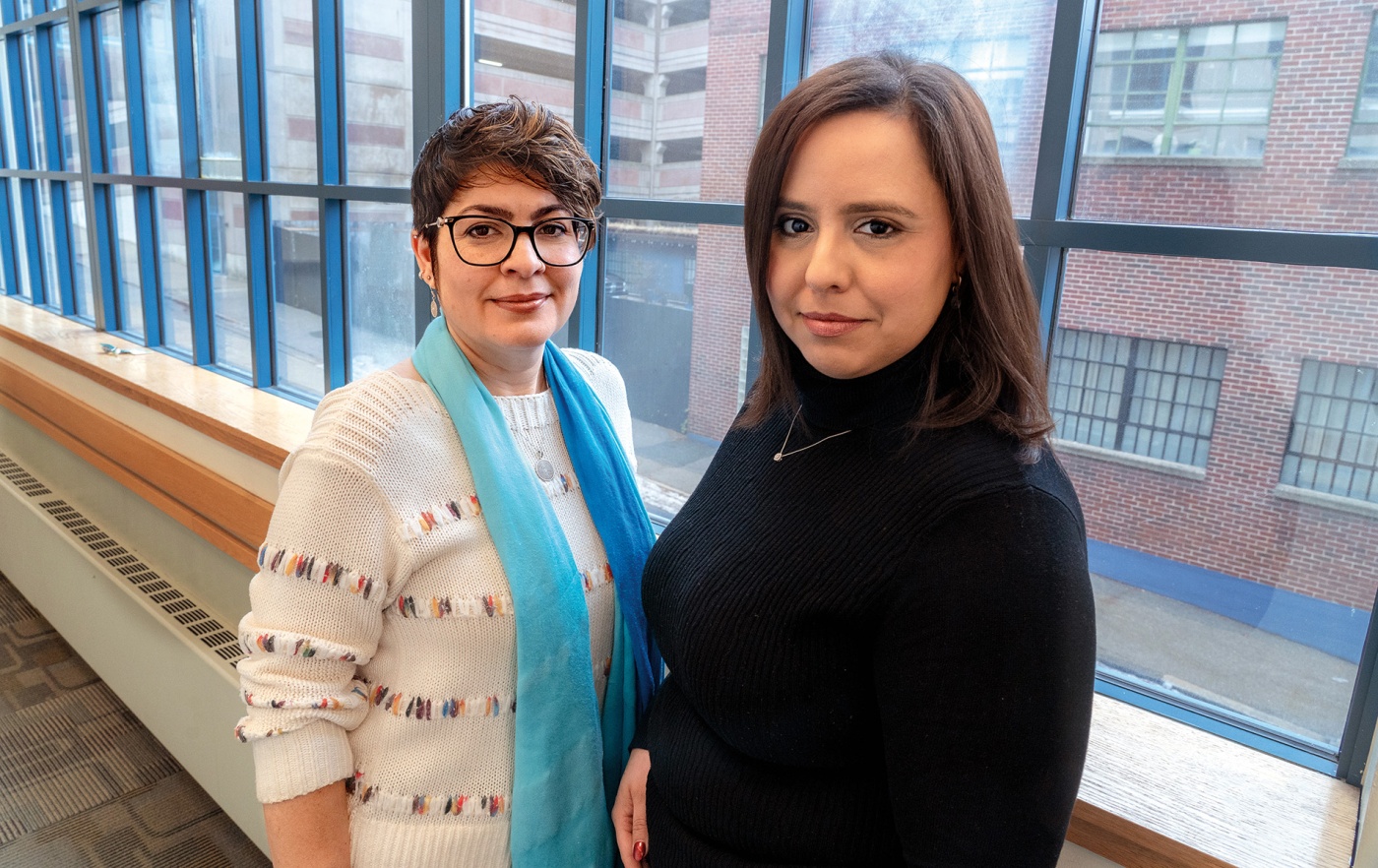Nearly 20 percent of Latinx Rhode Island students seriously considered attempting suicide in 2020, according to the CDC’s 2021 Youth Risk Behaviors Survey. And not only are these young people suffering at rates higher than their white peers, says Gisela Jiménez-Colón, a bilingual clinical psychologist and assistant professor of psychiatry and human behavior, but factors such as lack of access to health insurance, documentation status, and cultural stigma surrounding therapy and psychiatric medication for depression and suicidality make “Latinx families and youth less likely to receive mental health services.”
To respond to this challenge, the Mi Gente Program was founded at Bradley Hospital in 2022 by Yovanska Duarté-Vélez, PhD, an assistant professor of psychiatry and human behavior at Brown who now serves as clinical director. Spanish for “my people,” Mi Gente offers individual and family therapy that factors in ethnocultural, language, and family dynamics. At Mi Gente, Jiménez-Colón works with high-risk youth ages 12 to 21 living with trauma, mood disorders, or suicidality.
Recurring themes include the struggle of integrating two different cultures under one roof (when parents were born outside the U.S. but the teenager was born here); the pressure teens feel to fulfill their parents’ “American dream”; trauma related to discrimination, immigration, and gang involvement; and LGBTQ+ issues. Because many families face communication barriers within the home, where a teen may speak only English, but the parents speak only Spanish, Mi Gente staff frequently translate throughout therapy sessions.
Jiménez-Colón is researching transgenerational trauma in Latinx families, “working with parents to learn how their trauma informs their parenting and their child’s mental health.”
For example, “Some kids never hear ‘I love you’ because their parents never received that from their parents and don’t know how to provide that to their kids,” she says. “So we work with parents and might suggest they leave little sticky love notes on the fridge.”
Conversely, teens may be challenged to ask their parents about their immigration journey, or to “ask three people in their family to name two things they like about you.” This, Jiménez-Colón says, builds interfamily communication as well as hope.
Mi Gente providers’ ability to toggle between Spanish and English offers comfort to patients, no matter their native language. Jiménez-Colón says just integrating one Spanish word, like cuídate (“take care”), at the end of a session can be enough. “They’ll say, ‘Oh, my grandma says that!’ And they smile.”





